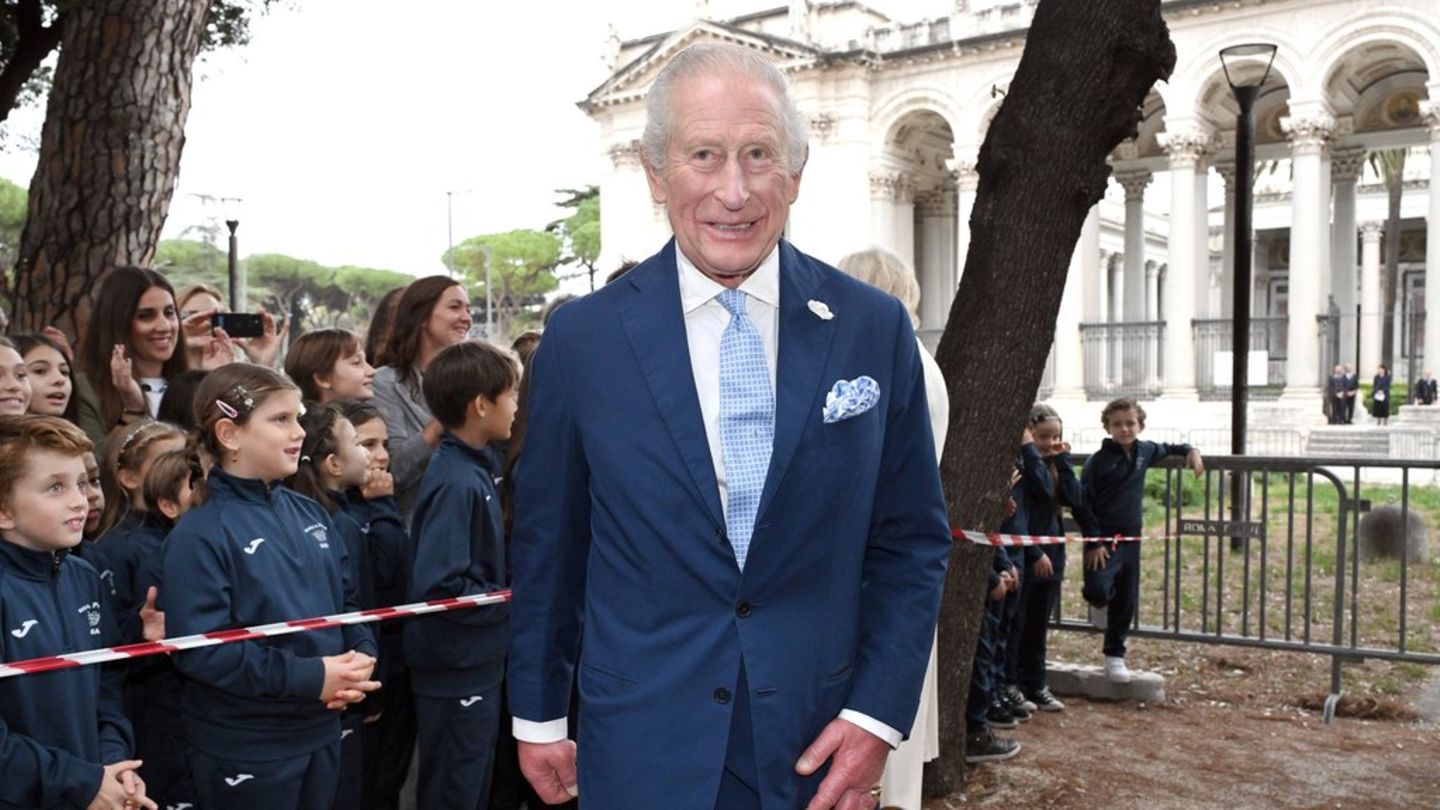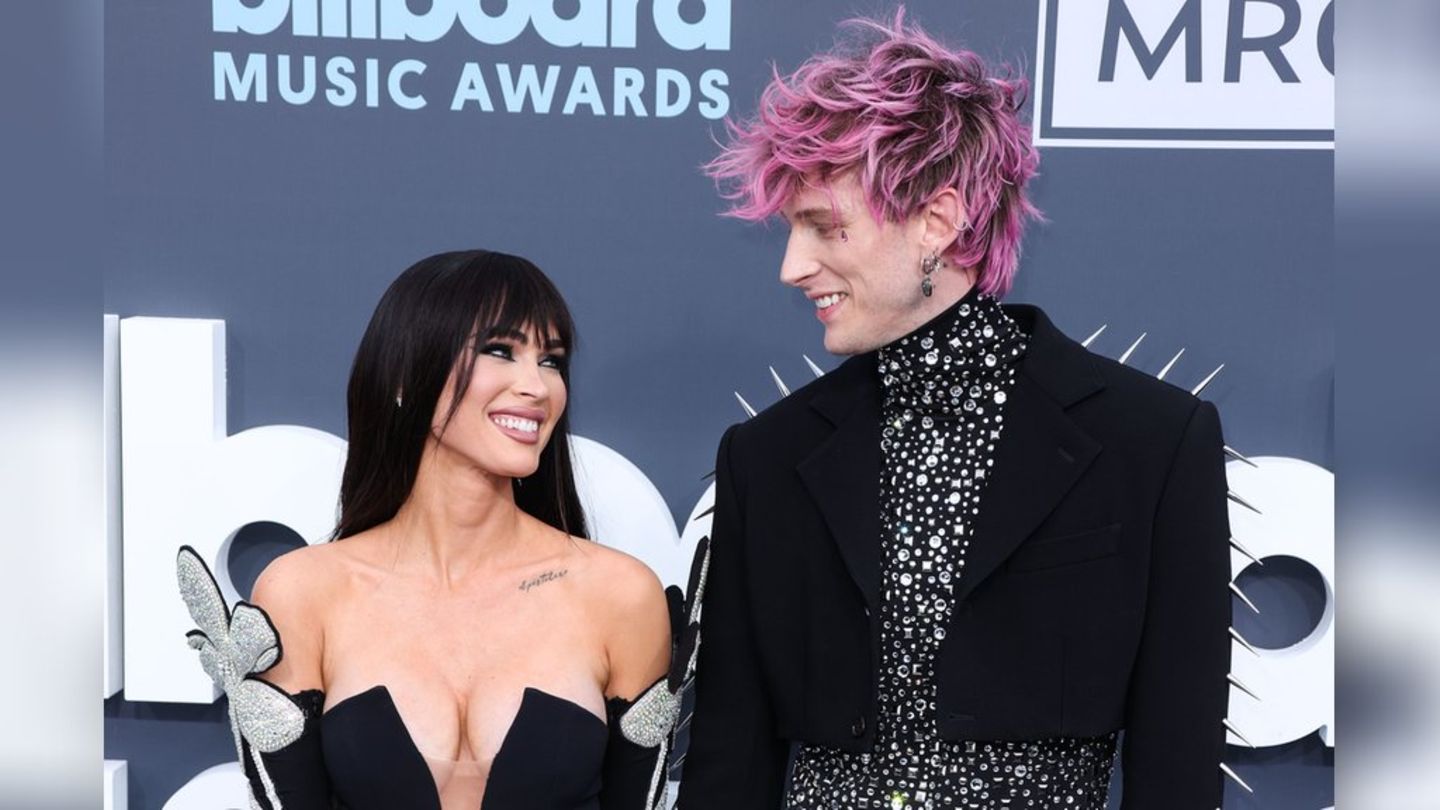The West has punished Putin’s war of aggression in Ukraine with sanctions. Therefore, the Kremlin leader depends on flourishing trade with China. And relies on the energy sector.
At the end of his state visit to China, Russian President Vladimir Putin is promoting the expansion of economic cooperation with Beijing – and at the same time sharply criticizes the West’s sanctions. “Russia is ready and able to continuously and reliably supply the Chinese economy, companies, cities and villages with ecologically clean and affordable energy, electricity and heat,” said the Kremlin chief at the opening of a Russian-Chinese trade fair in the Chinese city with over a million inhabitants Harbin. He is sure that both states will further strengthen their strategic alliance in the energy sector.
The current trade volume of 240 billion dollars (around 220 billion euros) is far from the end of the possibilities, said Putin. In addition to the energy sector, Moscow is also hoping for greater cooperation in vehicle manufacturing and agriculture following the exodus of Western car manufacturers. Russia is also forced to look for new markets for its energy sources due to Western sanctions against its oil and gas sector following Putin’s war of aggression against Ukraine.
Therefore, Russia wants to build another gas pipeline through Mongolia to China. A corresponding agreement would be signed in a few days, Deputy Prime Minister Alexander Nowak announced the day before. The final vote on the economic and commercial conditions for the project is currently underway. The Kraft Siberia 2 line is expected to have a capacity of 50 billion cubic meters per year. Last year, 22.7 billion cubic meters of gas flowed through the already existing Kraft Siberia pipeline.
Putin: Western sanctions are part of a distortion of competition
In Harbin, Putin criticized Western sanctions as part of a distortion of competition that is damaging the entire global economy. “These are decisions that are not in line with the market, are absolutely stupid and have no prospects,” Putin told representatives of Russian state media. With these sanctions, the US would weaken the dollar and “saw off the branch on which it is sitting,” said the Kremlin chief. Germany and therefore the whole of Europe are already suffering from the side effects of the self-imposed restrictions.
Putin denied that the sanctions were related to the war of aggression he ordered against Ukraine. According to him, the West wants to gain a competitive advantage. However, this will not succeed, he said. Although the sanctions are also associated with inconveniences for those affected, the alliance between Russia and China is able to solve many problems, he said. During his two-day visit, Putin also personally spoke for hours with China’s head of state and party about this and other topics.
Putin was asked about the sanctions against the background of information that Chinese banks had made payment transactions with Russian customers more difficult in order to avoid subsequent sanctions from the USA. The issue had been discussed, Putin said. However, he was unable to present a concrete and quick solution to the problem, which is particularly pressing for Russia.
Harmonious farewell gesture
With a harmonious gesture, Putin and China’s state and party leader Xi Jinping ended their talks in Beijing the evening before. After a one-day program, they first shook hands and shortly afterwards hugged each other goodbye, as shown in a video from state broadcaster CCTV. Xi waved after his guest as he drove into the darkness in a limousine.
During their discussions, Putin and Xi agreed to continue working closely together. China and Russia also spoke out in favor of a solution through political agreement to end the war in Ukraine. Putin praised China’s peace efforts. However, Beijing has not yet agreed to the peace conference planned in Switzerland in June. A twelve-point plan to resolve the conflict proposed more than a year ago received little international support because of its vague proposals.
Source: Stern
I have been working in the news industry for over 6 years, first as a reporter and now as an editor. I have covered politics extensively, and my work has appeared in major newspapers and online news outlets around the world. In addition to my writing, I also contribute regularly to 24 Hours World.




